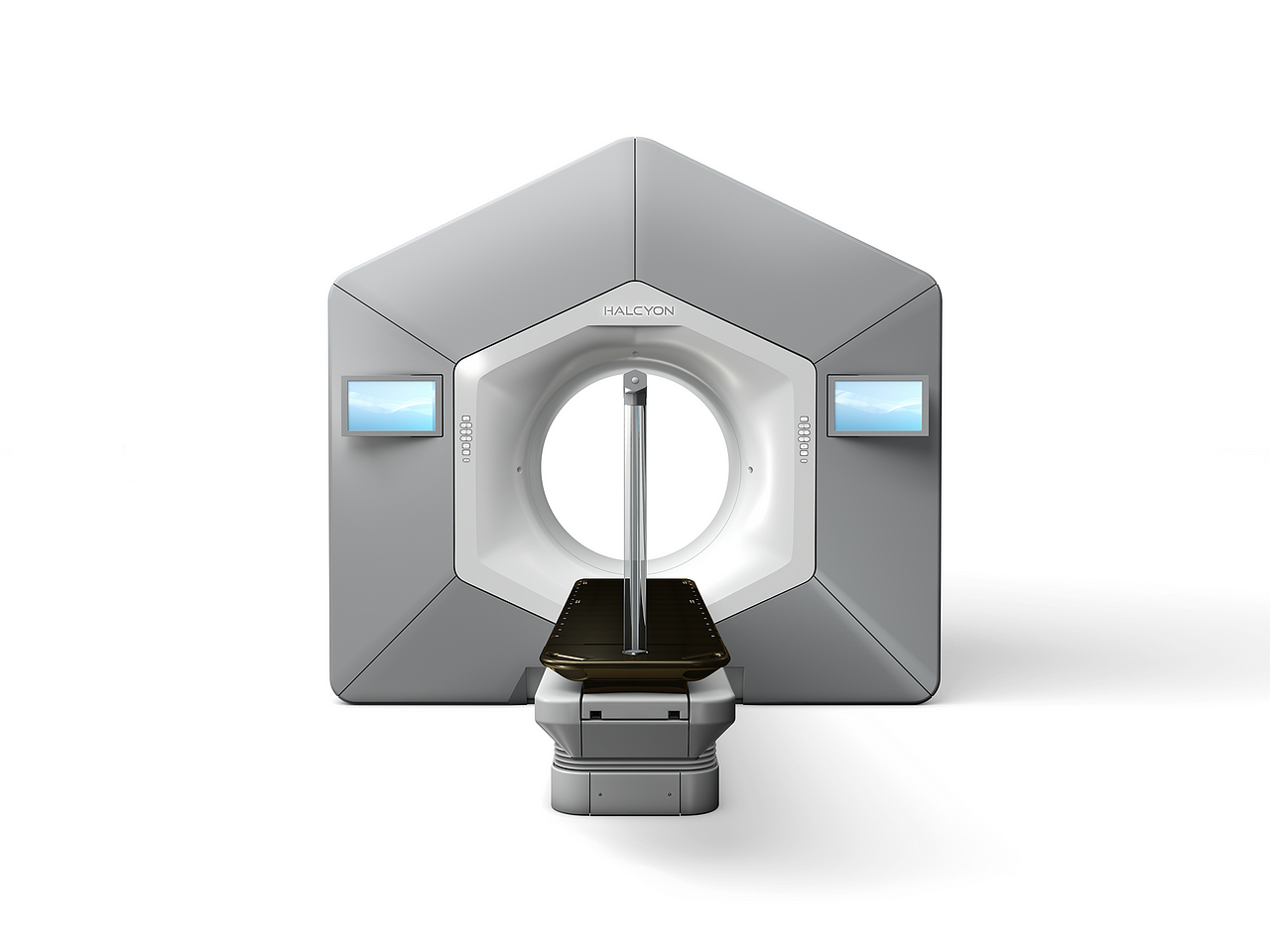Pancreatic Cancer Diagnosis and Treatment
At Cancer Care of North Florida, once cancer has been diagnosed, our specialists may order diagnostic testing and imaging to help determine the stage and extent of the disease. It is very important to do a comprehensive pancreatic cancer work-up to carefully evaluate the extent of the cancer.
- Medical history and physical exam
- Biopsy and molecular assessment
- Blood tests and tumor markers
- Angiography
- Cholangiopancreatography
- Endoscopy
- Chest x-ray
- MRI scan
- CT scan
- Ultrasound
- PET imaging
Depending on the type and stage (severity) of the pancreatic cancer, the following treatments may be necessary. At Cancer Care of North Florida, we use the most advanced therapies available to treat pancreatic cancer. An individualized plan of care may include multiple types of treatments.
Types of surgery for pancreatic cancer include the following. Surgery, ablation, or embolization are largely dependent upon the location and extent of the tumor.
- Whipple surgery (removal of the head of the pancreas and sometimes the body including part of the small intestine, part of the bile duct, the gallbladder, lymph nodes in the area and sometimes a part of the stomach)
- Distal pancreatectomy (removal of tail of pancreas and sometimes the spleen as well)
- Total pancreatectomy (removal of the entire pancreas, gallbladder, part of stomach and small intestine and the spleen)
- Radiofrequency ablation (RFA)
- Microwave therapy
- Ethanol (alcohol) ablation
- Cryoablation
- Arterial/Chemo/Radio embolization
Other forms of non-surgical interventions for pancreatic cancer include:
Radiation – Any remaining cancer cells left after surgery are destroyed with high-energy radiation beams. For some pancreatic cancer, treating with chemotherapy at the same time can make radiation therapy work better. It is possible to receive radiation therapy before, during or after surgical intervention. Also, when surgery is not possible, radiation can be used to help slow the growth of the tumor. We work closely with Cancer Care of North Florida Radiation Oncology located on campus.
Chemotherapy – Chemotherapy (chemo) are anti-cancer drugs that may be given intravenously (injected into your vein) or by mouth. The drugs travel through the bloodstream to reach cancer cells in most parts of the body. Chemotherapy can sometimes be given before, during or after surgery. At Cancer Care of North Florida, our team provide extensive education and supportive care through your therapy.
Targeted Treatments – Targeted drugs work differently from chemo drugs. They sometimes work when chemo drugs don’t, and they often have different side effects. They can be used either along with chemotherapy or by themselves if chemotherapy is no longer working. Targeted treatment options are determined by further genetic testing of the tumor cells. This type of testing is usually done on the biopsied tissue of the tumor cells.
Immunotherapy – Immunotherapy is the use of medicines to help a person’s own immune system better recognize and destroy cancer cells. Immunotherapy can be used to treat some people with advanced pancreatic cancer.




